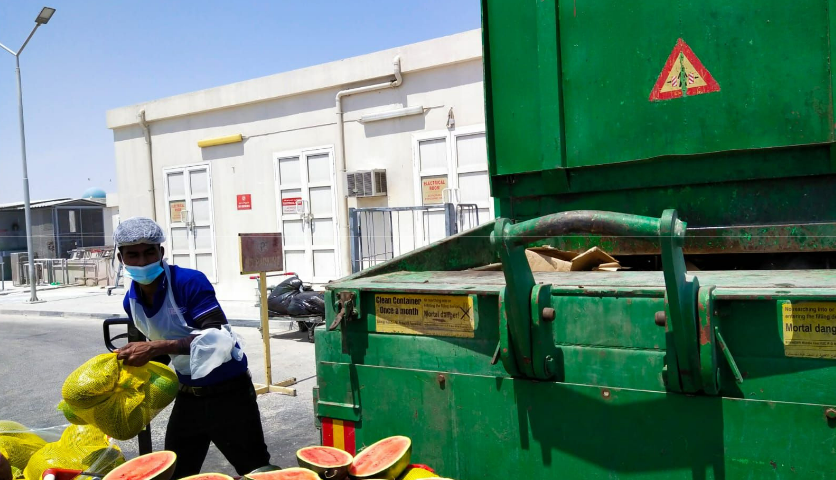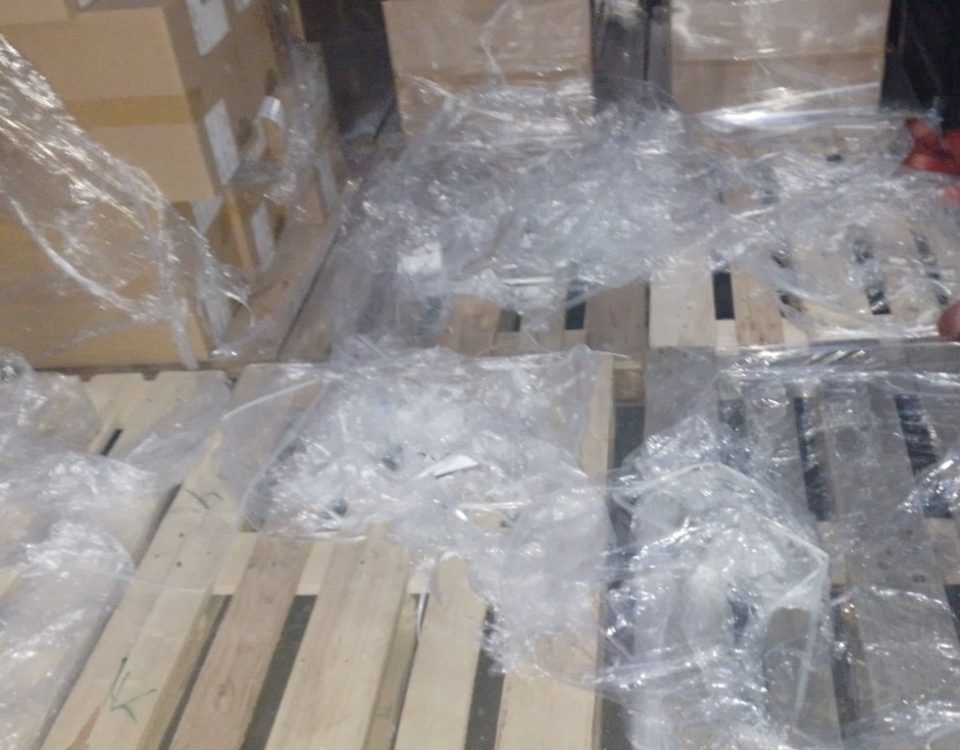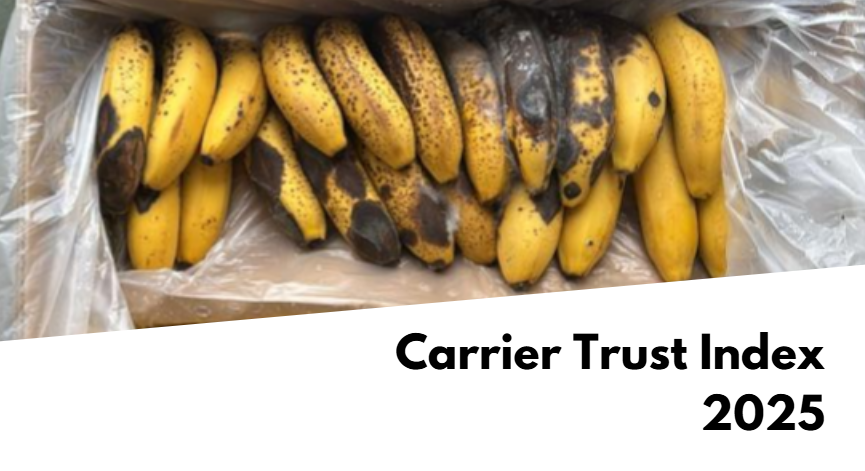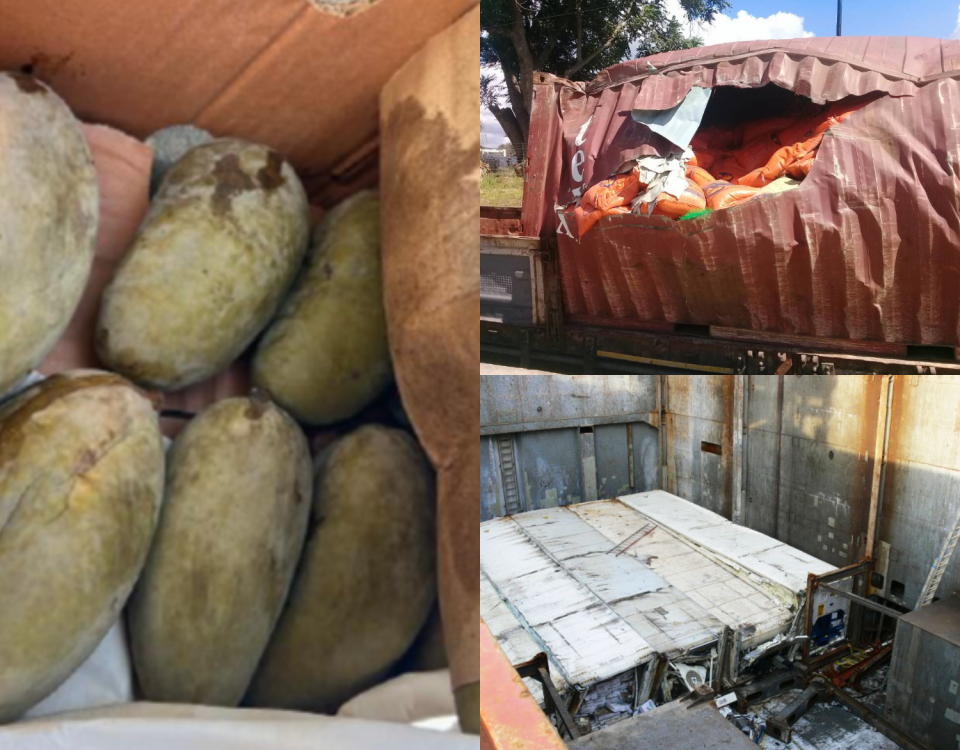Optimizing Your Reefer Cargo Claims Recovery

Four Myths in Fresh Produce Cargo Claims
February 9, 2024
Recover Rejected Cargo Claims
February 9, 2024Fresh produce holds a significant position in global trade, with its transportation being a vital link in the supply chain. However, this journey is not without its challenges. With most fresh produce spending nearly half of its shelf life in transit, the risk of spoilage due to unforeseen delays and reefer container malfunctions looms large.
In fact, up to 33% of fresh produce shipments suffer from spoilage while in transit, leading to substantial losses for both producers and distributors. Often times, damage is drastic and a total loss. Reefer cargo claims does not have to be complicated, as long as you have these things ready.
Common Reefer Malfunctions
1. Incorrect Set Temperature
One of the primary causes of cargo damage is the incorrect temperature setting in reefer containers. For example, setting the temperature too low for delicate fruits like strawberries can lead to freezing and subsequent damage.
2. Reefer Malfunction
Mechanical failures within the reefer container itself can also contribute to cargo damage. Malfunctions such as compressor failures or sensor errors can result in temperature fluctuations, compromising the quality of the produce.
3. Container Powered Off for Lengthy Periods
Reefer containers rely on continuous power to maintain the desired temperature. If the container is powered off for extended periods during transit, especially during layovers or delays, it can lead to temperature deviations and spoilage of the cargo.
Necessary Documents for Cargo Claims
In the event of cargo damage, having the appropriate documentation is crucial for initiating a smooth claims process. Here’s a list of essential documents:
1. 3-Day After Delivery Notification to Carrier
Promptly notifying the carrier within three days of delivery about any damages is essential to initiate the claims process.
2. Pre-Shipment Inspection Report
Documenting the condition of the cargo before shipment provides crucial evidence in assessing the extent of damage during transit.
3. Pre-Shipment Photographs
Visual documentation of the cargo’s condition prior to shipment serves as valuable evidence in cargo claims proceedings.
4. Data Logger of Reefer Container (if available)
Data loggers record temperature variations within the reefer container during transit, providing objective evidence of temperature deviations that may have led to cargo damage.
5. Post-Shipment Inspection Report and Photographs
Similar to pre-shipment documentation, post-shipment inspection reports and photographs help assess the condition of the cargo upon arrival and identify any damages incurred during transit.
6. Destruction Certificate
In cases where the cargo is deemed unfit for consumption or sale due to damage, a destruction certificate issued by relevant authorities is required to substantiate the loss.
7. Loss Breakdown
Providing a detailed breakdown of the losses incurred due to cargo damage helps facilitate the claims recovery process.
Cargo damage and claims recoveries are significant concerns for those involved in the transportation of fresh produce. Recoupex has handled and recovered countless fresh produce reefer cargo claims: vigilance, proactive communication with carriers, and thorough documentation are key to recovering losses and maintaining the quality of fresh produce throughout its journey in the supply chain.
Recoupex is a hub of transport lawyers – experts in cargo claims. We assess your case quickly. We have successfully recovered claims from Maersk, Sealand, Hapag-Lloyd, Mediterranean Shipping Company – MSC, CMA CGM, and other carriers.



